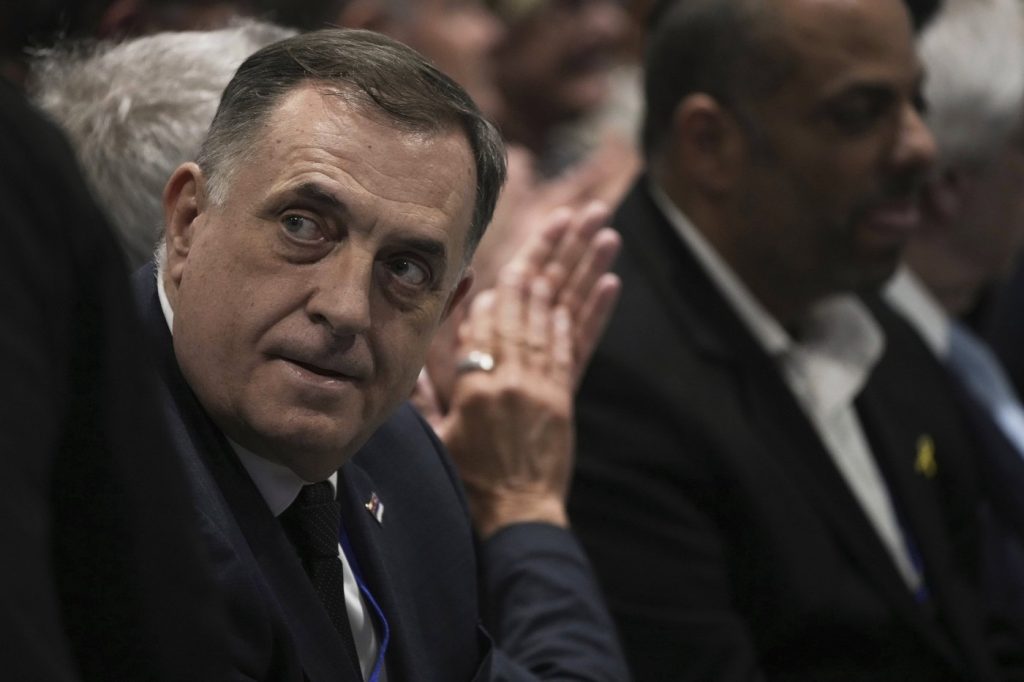On March 27, 2025, European far-right leaders gathered in Jerusalem for a conference organized by the Israeli government, aimed at addressing the issue of antisemitism. The event has drawn criticism for its controversial guest list, prompting many mainstream Jewish leaders to withdraw, citing concerns over the participants' histories and associations with antisemitism and Nazism from World War II. This conference highlights a deepening partnership between Israel—a nation established in the aftermath of the Holocaust—and Europe's far-right political factions.
Israeli Prime Minister Benjamin Netanyahu, who heads an ultranationalist government, has fostered close connections with far-right populist leaders from various countries, including Hungary and Brazil. Notably, this relationship has been influenced by the political style and doctrines of former U.S. President Donald Trump. The association has raised eyebrows, especially as Israel faces international criticism regarding its handling of the ongoing war in Gaza, which reignited earlier this month after a ceasefire was broken with Hamas.
The conference comes amid a climate of increasing antisemitic violence globally, reported by Jewish communities since the onset of the Gaza conflict. At the center of the discussions was Jordan Bardella, president of the far-right French National Rally party, who delivered a keynote address attributing the rise of antisemitism in Europe to migration and what he termed “Islamism.” Bardella described Islamism as the “totalitarianism of the 21st century,” suggesting it threatens the very fabric of Western societies.
David Friedman, who served as the U.S. ambassador to Israel during Trump’s first term, also attended the event. When questioned about Trump’s immigration policy concerning Gaza, Friedman responded with enthusiasm, stating, “I love it! I love it. And I think it’s doable.” The conference also saw participation from far-right representatives from the Netherlands, Spain, Sweden, and Hungary, emphasizing a broader European coalition.
Among the attendees was Bosnian Serb President Milorad Dodik, despite having a Bosnian court issue an international arrest warrant related to his separatist policies. The conference featured panels focused on topics such as “How Progressivism Fell Captive to Antisemitism” and “How Radical Islam Fuels Antisemitism in the West.” However, many prominent Jewish leaders, including Jonathan Greenblatt of the Anti-Defamation League, dropped out of the conference following initial agreements to participate.
Other notable figures who withdrew included French philosopher Bernard-Henri Levy, German antisemitism czar Felix Klein, and German politician Volker Beck. Israeli President Isaac Herzog also opted to step back from the conference, opting instead to host a separate meeting with Jewish leaders who had intended to attend. The significant withdrawals highlight a growing discontent within the Jewish community regarding the alliances being formed and the implications for combating antisemitism effectively.
As Israel navigates its complex political landscape and strained relationships with traditional Western allies—who are increasingly critical of its internal politics and the current conflict—the impact of such conferences remains to be seen in light of global antisemitism trends.










